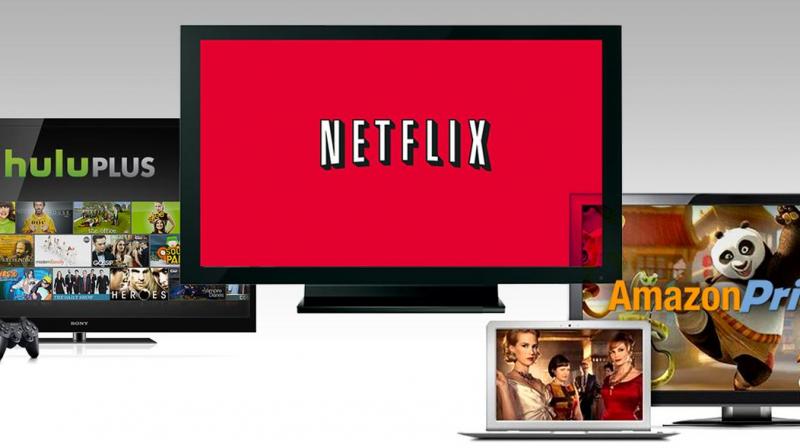US able to handle surge in home internet use amid coronavirus, say IT experts

Image collected
US internet won't get overloaded by spikes in traffic from the millions of Americans now working from home to discourage the spread of the brand new coronavirus, experts say. But connections could stumble for many if too many family members try to videoconference simultaneously.
Some may need to accept audio, which is a lot less demanding of bandwidth.
Separately, Sen. Mark Warner of Virginia on Saturday applauded announcements by several major U.S. internet providers when planning on taking temporary measures _ like the suspension of data caps, free public Wi-Fi and free broadband for households with children who lack it _ designed to better accommodate remote access for students, staff and public health officials.
He and 17 other colleagues, Democrats and independents, had needed such measures in a letter Thursday to CEOs of AT&T, Charter, Comcast, Cox, Verizon, CenturyLink, Sprint and T-Mobile.
Lessons from handling streaming traffic
The core of the US network is more than able to handle the virus-related surge popular since it has evolved to be able to easily handle bandwidth-greedy Netflix, YouTube and other streaming services.
But if parents are videoconferencing for work at the same time college and students want to beam into school, they could experience congestion, if they’re using internet connections where download capacity is bound. Fiber optic connections don't possess the same issues and will do fine.
Italy's internet saw a 30% spike in peak-hour traffic early earlier this week following the government sent everyone home into isolation, said Matthew Prince, CEO of Cloudflare, which shapes and secures internet traffic for websites.
Prince said within an interview Friday that Cloudflare saw no evidence, however, that the Italian internet has gotten any slower. World Cup soccer matches have posed a larger burden.
Peak usage periods shift
Peak internet usage times in nations where work has shifted from any office to home due to COVID-19 also have shifted _ from about supper to about 11 a.m. Prince says it just happened in Italy and South Korea and expects the same in the U.S.
Traffic has spiked 10% to 20% during peak hours because the first week of February in greater Seattle, the U.S. metropolitan region hardest-hit by COVID-19, according to Cloudflare.
The sudden, unanticipated surge in millions of remote staff has forced companies to scramble to boost their convenience of secure connections through virtual private networks, said Patrick Sullivan, chief technical officer for security at Akamai, a major IT provider for business and government.
The surge is creating some non permanent bottlenecks. But because so much of computing has moved to cloud services, bottlenecks are usually cleared in minutes or hours.
Teleconferencing services a lttle bit overwhelmed
However, many conference calling and chat services have already been overwhelmed.
A call-in press conference arranged by Oregon Gov. Kate Brown's office on Friday crashed twice because of the high level of callers to the AT&T teleconferencing center.
Brown's office said in a news release that the reason was the large number of individuals using the tele-meeting call center and that "similar issues and demand are being reported in the united states."
The conference call worked the 3rd time.
Source: https://www.deccanchronicle.com
Previous Story
- Bangladesh hopeful of GSP amid US nonchalance
- US govt sets away conditions to enhance trade,...
- Dhaka to raise preferential US market access issue
- Bloomberg says he would de-escalate trade tensions with...
- US sells first bulk scrap cargo to Pakistan...
- ‘Exciting time for increasing already-strong US-Bangladesh trade and...
- U.S. soybean industry hopes to double exports to...
- In Jeans Sourcing, the Mighty are Falling and...